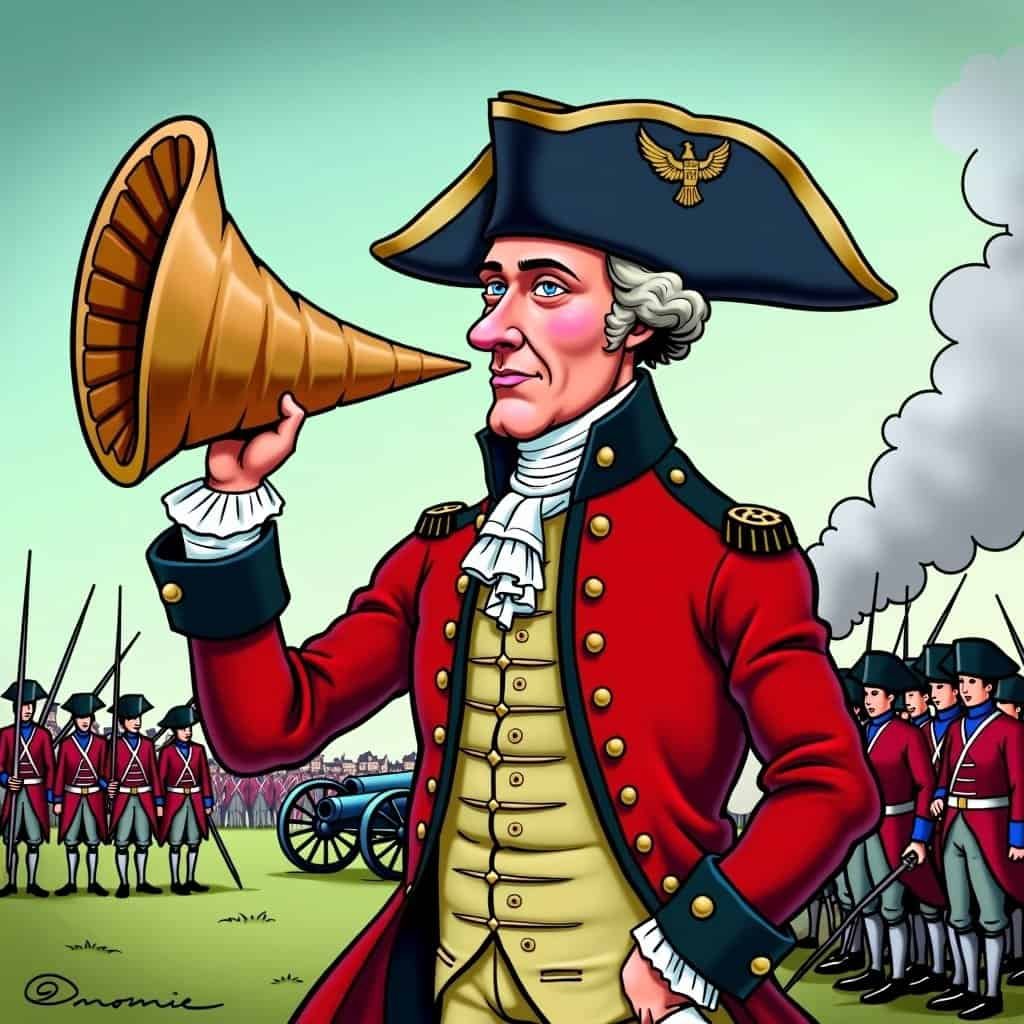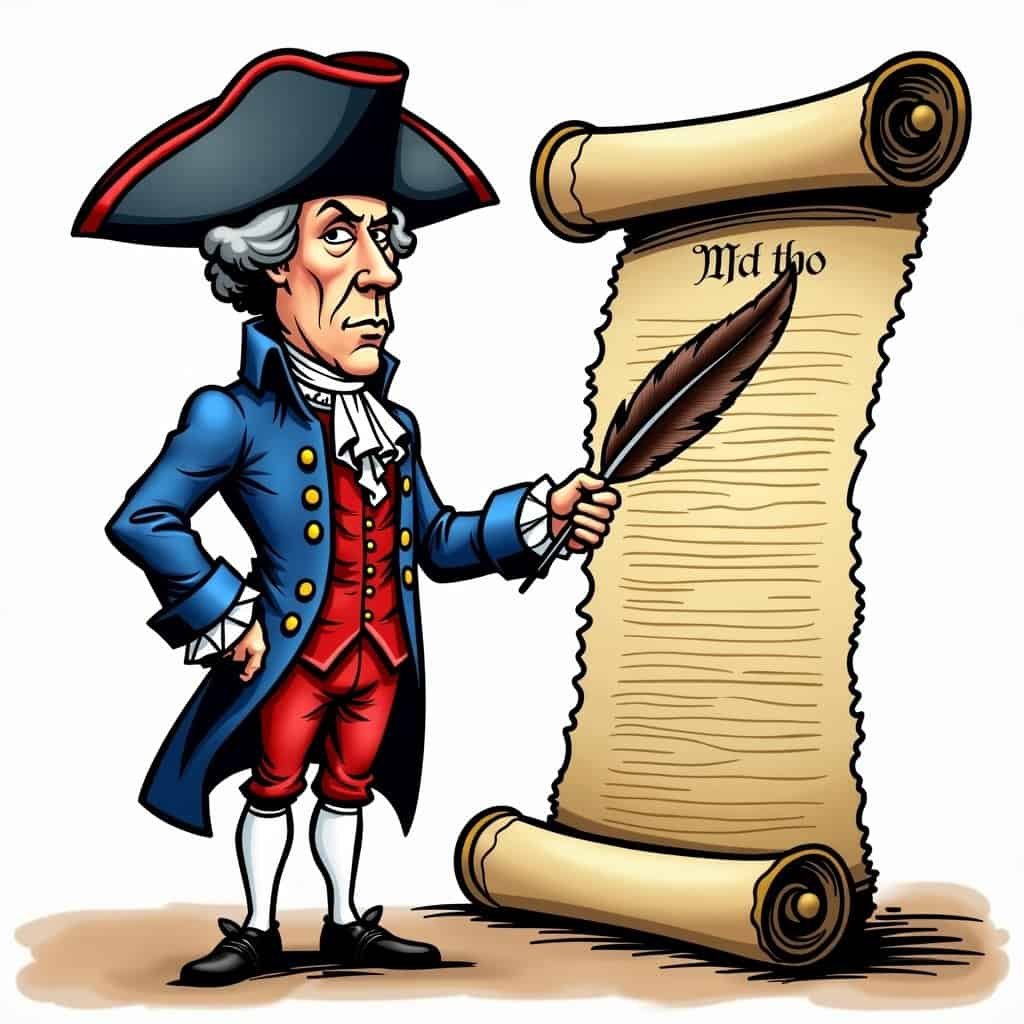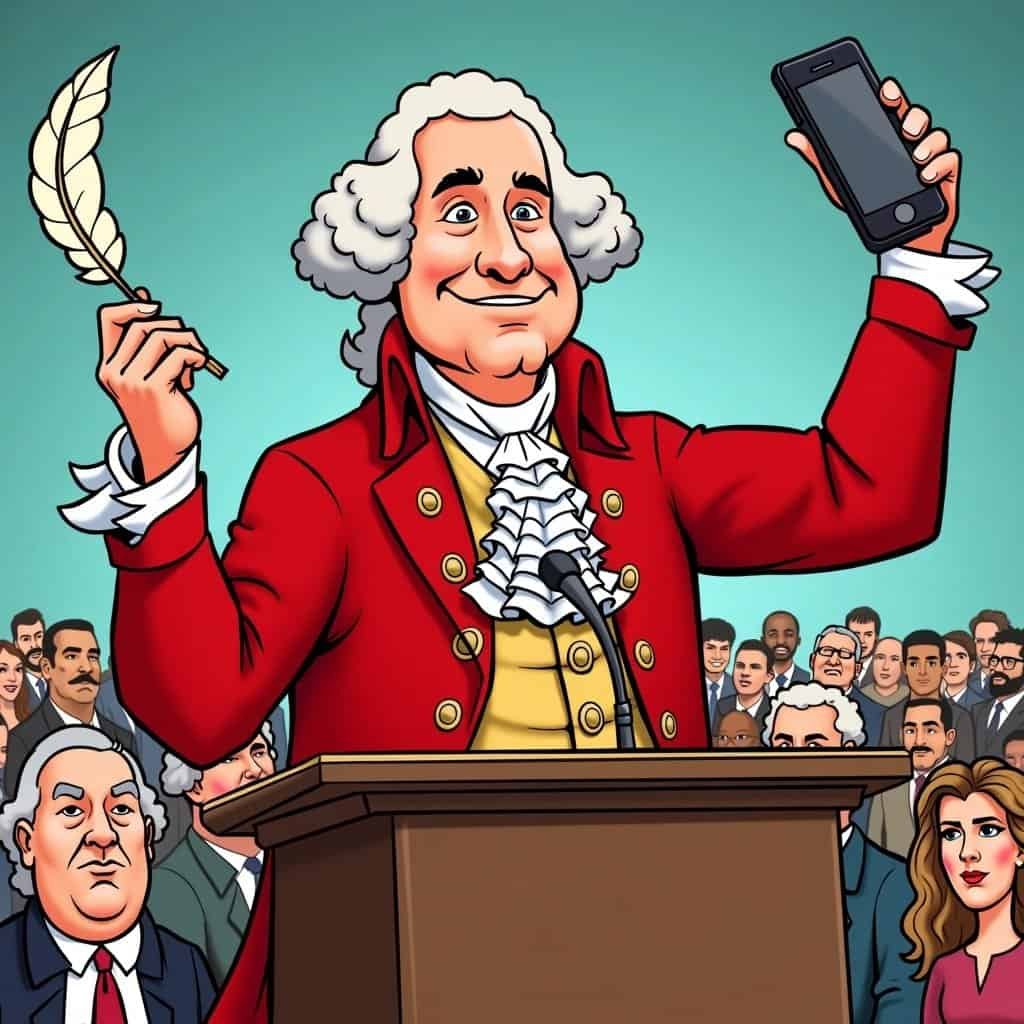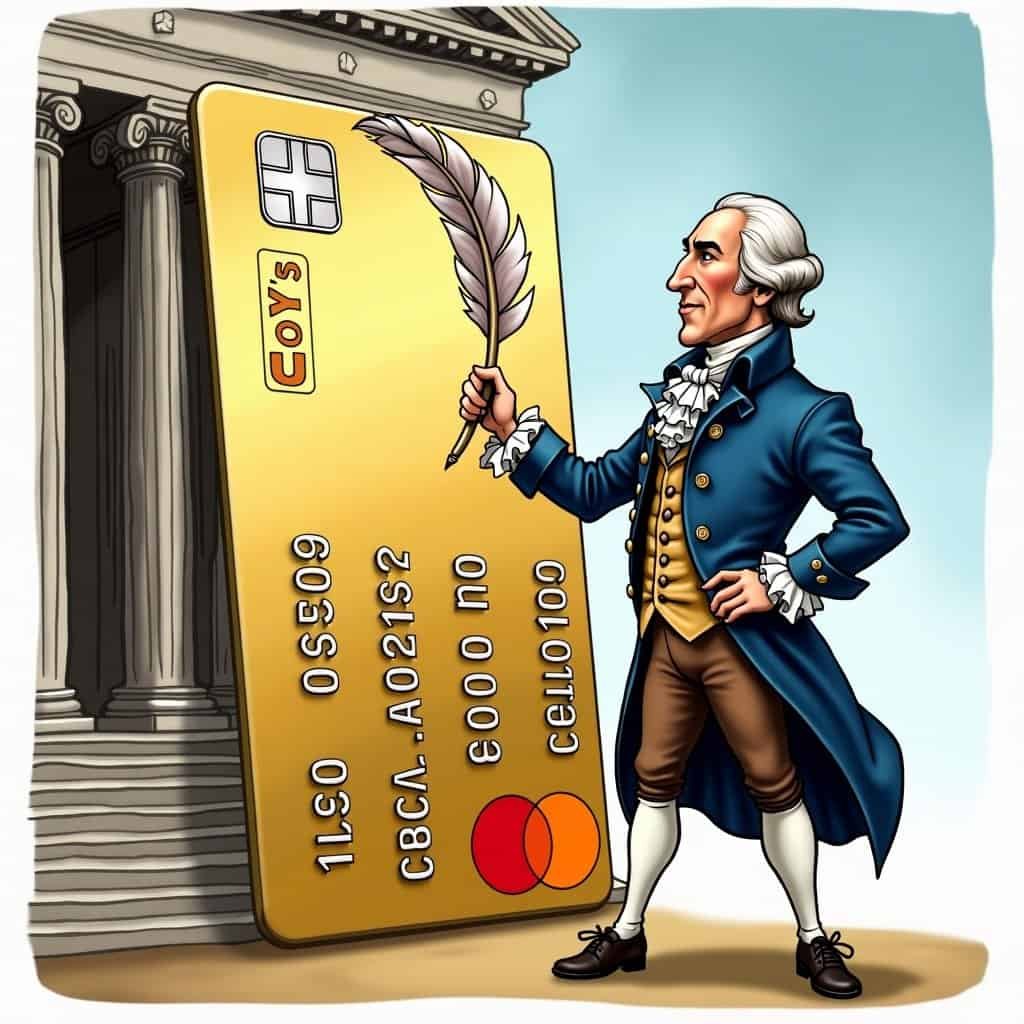Alexander Hamilton: a guy who could juggle a quill, a pistol, and a debate about money all at once. This Founding Father was a pro at staying neutral — like walking a tightrope over a pit of international chaos. But don’t think he was just sitting on the fence; Hamilton rocked neutrality like it was the hottest fashion trend of the 1790s.
You might think being neutral is just a fancy way of being wishy-washy, but hold your horses! Hamilton’s diplomatic skills were as sharp as his wit. He didn’t pick neutrality because he couldn’t make up his mind. Nope. He knew that siding with Britain or France back then could’ve turned America from the cool new kid on the block into the grounded teenager living in Mom’s basement. Picking sides, for Hamilton, was like trading your independence for a leash faster than you can say “new government program.”
Hamilton’s Neutrality: More Than Just Fence-Sitting
In Hamilton’s playbook, neutrality wasn’t about pretending to be Switzerland. It was about keeping America free while also keeping the cash flowing. He understood that making money wasn’t about government handouts — bless his conservative soul — but about rolling up your sleeves, making smart choices, and not picking fights with the big boys. While today’s politicians might scream “free stuff for everyone!” Hamilton would’ve been figuring out how to keep the bakery open without burning it down to please everyone.
Fiscal Discipline: Hamilton’s Secret Weapon
Take Hamilton’s Report on Public Credit, which was about as revolutionary as suggesting politicians stick to a budget. Through some good old-fashioned penny-pinching (did he invent Reaganomics?), he helped America become creditworthy. Without that, neutrality might’ve turned into broke and irrelevant. Imagine how today’s big spenders might cringe at this idea: no impulsive international giveaways, no promises of free everything paid for by IOUs to future generations. Instead, Hamilton pitched a “pull yourself up by your bootstraps” approach. And hey, he was the ultimate self-made man — if anyone knew about rising from nothing with nothing but brains and grit, it was him.
Hamilton’s Economic Principles
Focusing on Growth, Not Drama
Plus, Hamilton’s neutrality wasn’t just about keeping America out of messy fights; it let creativity and economic freedom thrive. Like a savvy businessman, Hamilton saw foreign drama as a distraction from building a great nation. He was too busy asking, “How do we boost industry?” to waste time on European soap operas. He was the kind of guy who’d take the “Make America Great” slogan and actually make it happen by focusing on home-grown strength instead of jumping into unnecessary wars.
Not Everyone’s Cup of Tea
Sure, he wasn’t everyone’s best friend — Jefferson sometimes thought he was a bit of a snob, maybe the 18th-century version of a Wall Street hotshot. But Hamilton knew that a country doesn’t become awesome by aiming for mediocrity. He wanted a working class that actually worked, a financial system as solid as a rock, and trade deals that favored partners who cared about results, not just looking good. Neutrality, in his book, wasn’t about doing nothing; it was about being smart and responsible.
Lessons for Today’s Political Scene
Today’s politicians could learn a thing or two. Sometimes, the bravest move isn’t jumping into every global squabble. Sometimes neutrality is more like Hamilton’s clever, freedom-focused chess game. A government that gets tangled up in everyone else’s business often becomes bloated, with its people forgotten under a pile of international drama. Hamilton’s foresight reminds us of that good old conservative idea: small government, prosperity at home, and a balanced budget — what a crazy concept that still is!
So next time you hear “diplomatic neutrality,” don’t think “wimpy.” Think Hamilton: a guy playing 3D chess when everyone else was still figuring out checkers. Diplomatic neutrality, far from being passive, was a masterclass in smart leadership, making sure conservative values like responsibility and growth weren’t traded away for short-term alliances. Now THAT is how you found a country right!
Table of Contents
- Hamilton’s Neutrality: More Than Just Fence-Sitting
- Fiscal Discipline: Hamilton’s Secret Weapon
- Focusing on Growth, Not Drama
- Not Everyone’s Cup of Tea
- Lessons for Today’s Political Scene






